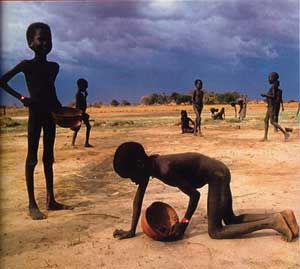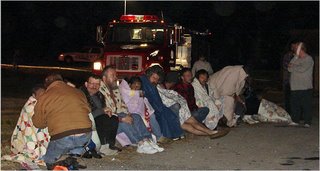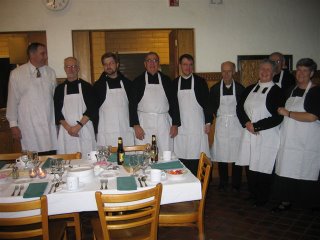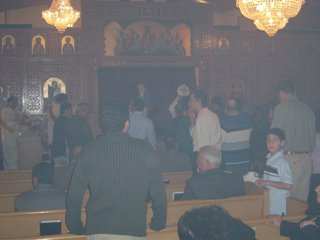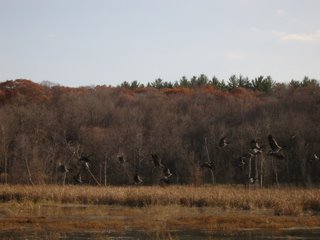Norris' "Emily in Choir"
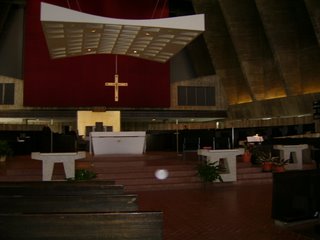
One of the great joys of coming to the Ecumenical Institute is following in the footsteps of those scholars who have preceded me. One of my favorites is the poet and novelist, Kathleen Norris, whose book, Cloister Walk, was largely written while here. Along with Annie Lamott, Norris is at the top of my list for trying to help students understand something of the permutations of the spiritual journey. As I walked through the cold to Evening Prayer, I was reminded of her poem, "Emily in Choir," which captures something of a child's perspective of a worship service and always reminds me how my own daughters have taught me much about the character of God. Here is Norris' take:
"Emily holds her father's hand,
she dances in place
through the Invitatory
and refuses the book with no pictures
'This is boring,' she whispers,
in the silence between psalms.
Candles lit in honor of the guardian angels
make rivers of air that bend the stone
walls of the abbey church. 'Why are the men
wearing costumes?' Emily asks.
'They're the brothers,' her father
explains, and Emily says, 'Well!
They must have a very strict mother!'
The Grave is strict, says another Emily;
Emily here and now plays with the three
shadows her hands make
on the open page. While the clergyman
tells Father and Vinnie that 'this Corruptible
shall put on Incorruption,' it has already done so
and they go defrauded.
Brimful of knowledge, Emily shakes my arm:
'They're the monks!' she says,
'The men who sing,' and she runs
up the aisle, out into the day.
to where the angels are:
In the name of the Bee--
And of the Butterfly--
And of the Breeze--Amen!"
Kathleen Norris, Journey (Pittsburgh: University of Pittsburgh Press, 2001), 116.
